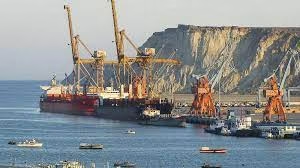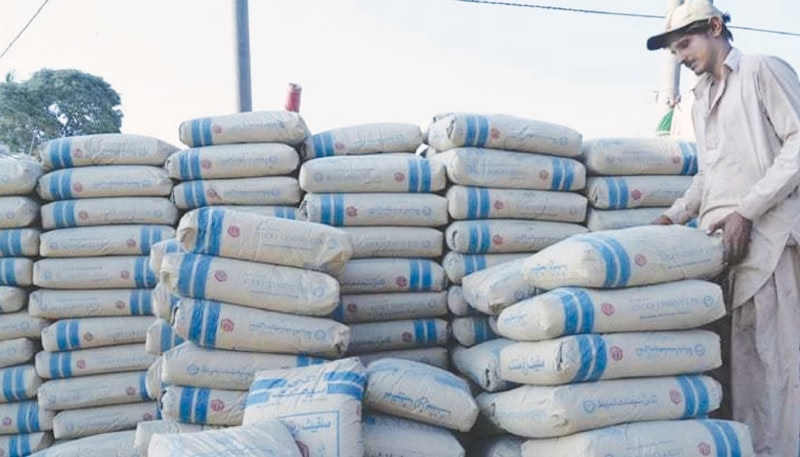Pakistan has announced plans to launch a direct ferry service between Gwadar and Gulf Cooperation Council (GCC) countries, aiming to strengthen regional ties, enhance passenger movement, and open new trade avenues with the Middle East.
The initiative, unveiled on Tuesday, is part of the country’s broader strategy to deepen economic engagement with GCC nations, which it has actively sought for trade, investment, energy, and employment cooperation.
“The ferry service will strengthen people-to-people ties, boost tourism, and provide a new economic lifeline for Balochistan,” said Federal Minister for Maritime Affairs Junaid Anwar Chaudhry in an official statement. He emphasized that the service would also generate local employment, improve infrastructure, and attract private sector involvement, particularly in hospitality, ship services, and transport.
The new route is part of a comprehensive government push to scale up the operational capacity of Gwadar Port. In a high-level meeting chaired by Chaudhry in Islamabad, officials also explored launching new shipping lines to expand cargo movement, support transit trade with Central Asia and the Middle East, and enhance Pakistan’s role in regional logistics.
“We aim to transform Gwadar into a strategic transshipment and logistics center, benefiting Pakistan and the wider region,” Chaudhry said, instructing departments to speed up integration of Gwadar into global maritime networks.
Gwadar Port, located in the resource-rich yet underdeveloped province of Balochistan, was constructed as a centerpiece of the multibillion-dollar China-Pakistan Economic Corridor (CPEC), a key project under China’s Belt and Road Initiative. Despite its strategic location near major Gulf shipping lanes, Gwadar has long lagged behind the commercial performance of Pakistan’s more established ports in Karachi.
Chaudhry expressed confidence that the ferry service and related initiatives would help rebalance trade routes, reduce pressure on Karachi’s ports, and elevate Gwadar’s status as a regional gateway.
The Ministry of Maritime Affairs has initiated consultations with shipping firms, maritime regulators, and private operators to finalize the project’s technical, legal, and logistical framework. Key priorities include ensuring safety, affordability, and environmental sustainability.
Reaffirming Pakistan’s commitment to its National Maritime Policy, Chaudhry said the ferry service aligns with the government’s long-term vision of expanding the country’s blue economy through modernized port infrastructure and streamlined trade facilitation.



